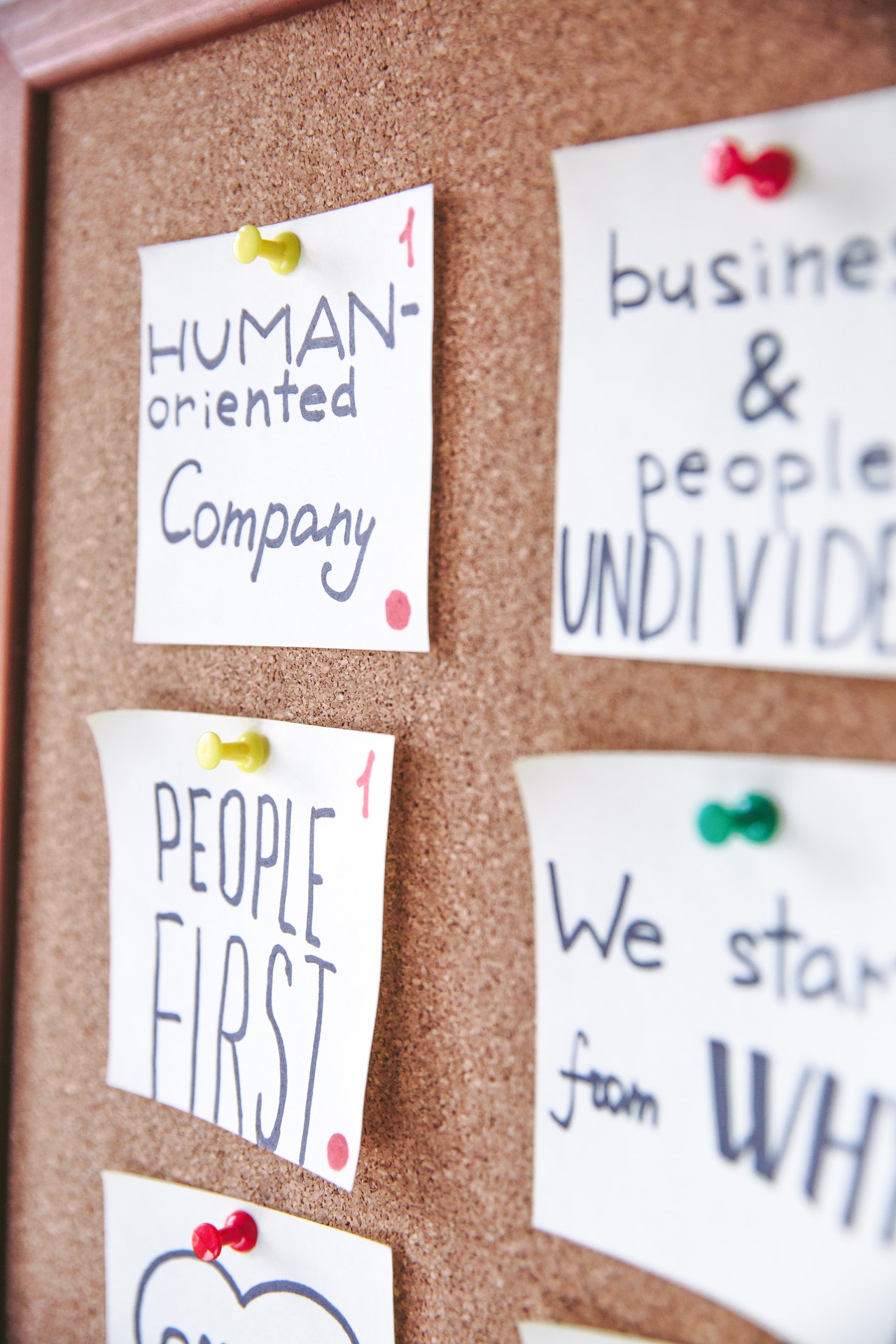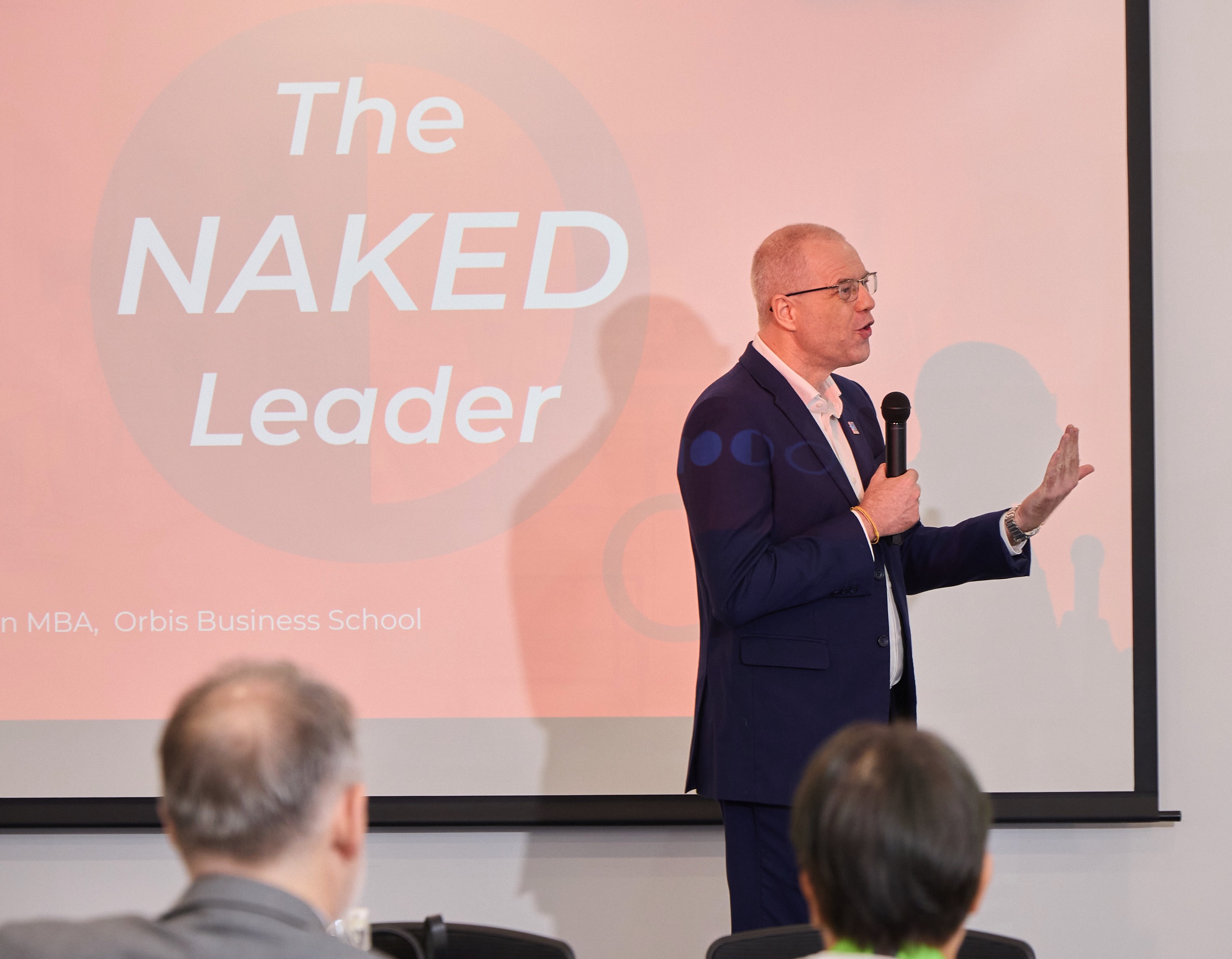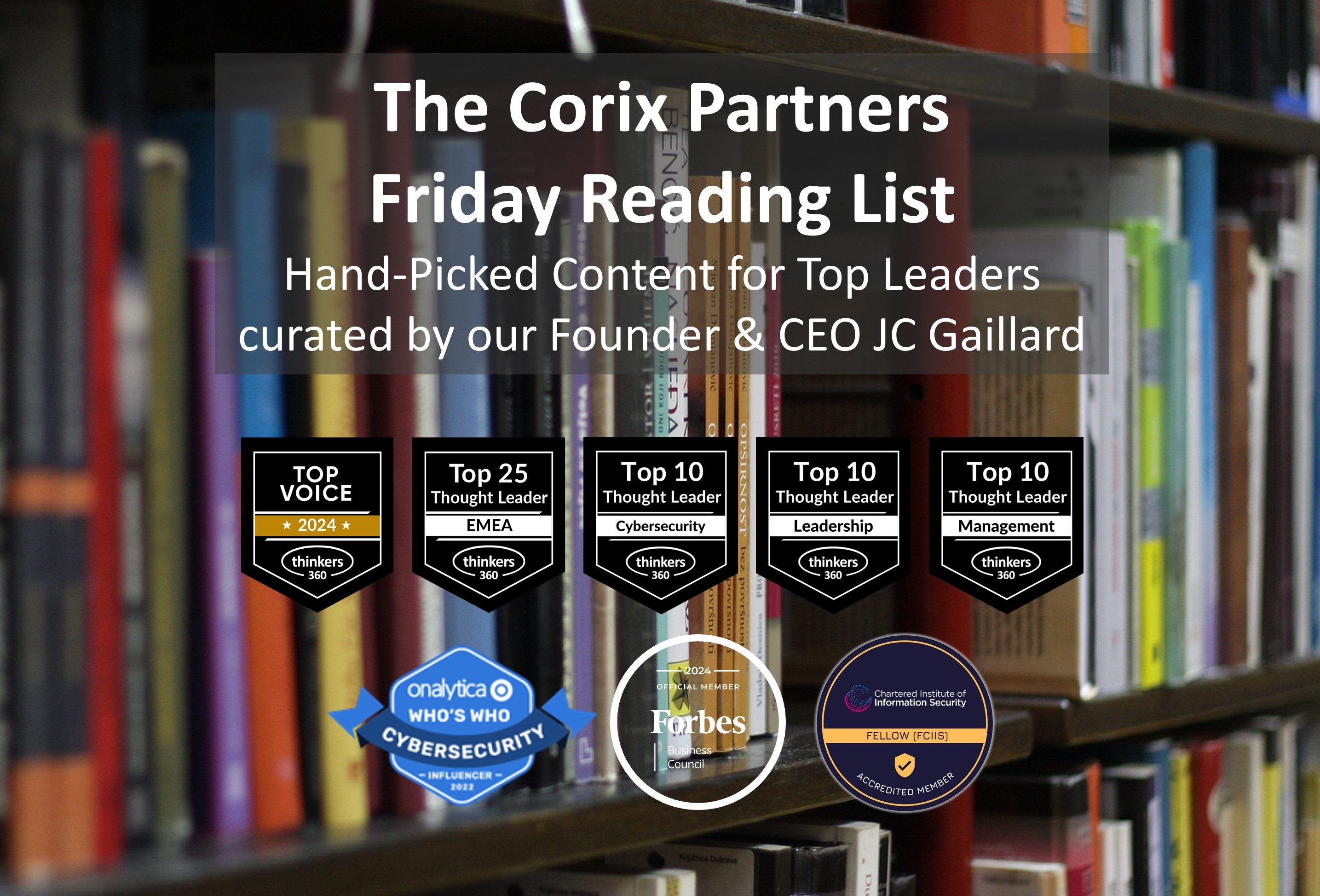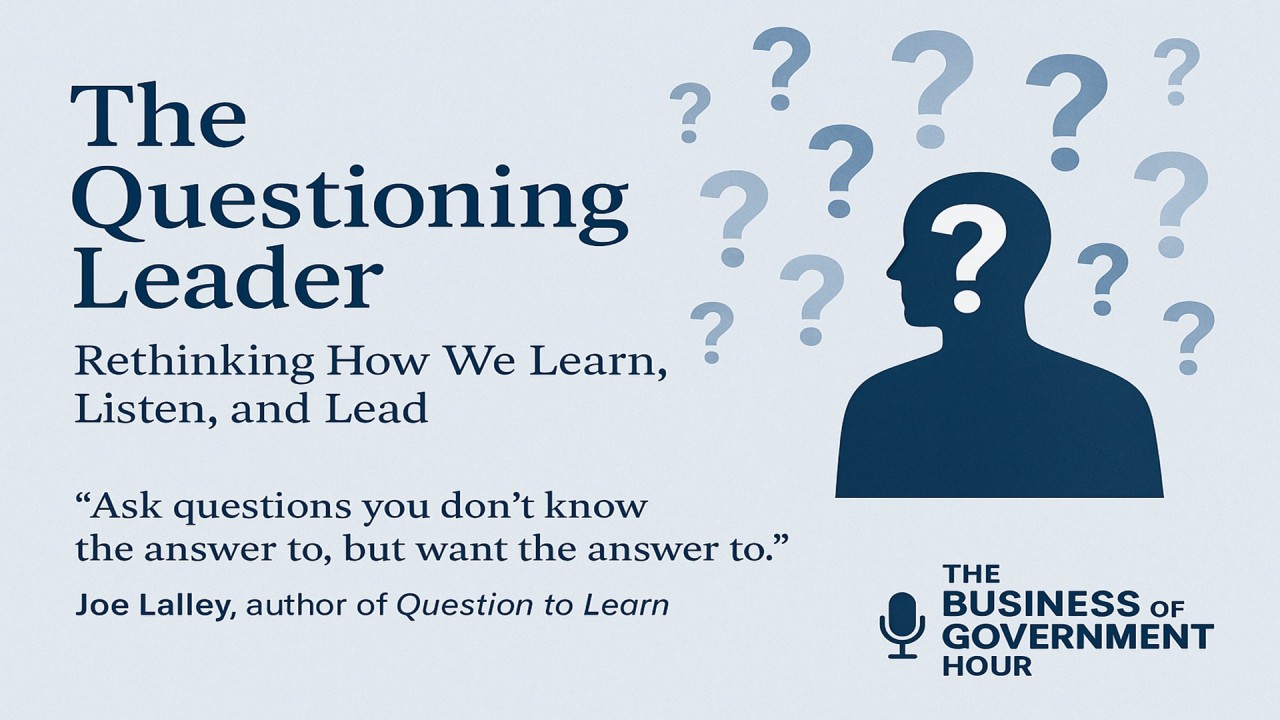Sep08

The business context
The most frequently used words are profits, productivity, projects, tasks, results, and goals in work. The achievement or non-achievement of outcomes and goals is related to rewards such as bonuses, threats, and development plans to overcome weaknesses. Top management may use business restructure news to motivate managers to do their best to be counted on in the future. The above approach creates a threat and uncertainty in a work environment. In addition, it establishes counterproductive beliefs about the self and your perceived role in achieving results and goals to avoid delays.
The human needs in work dilemma
The result would be ongoing social threats experienced by managers, such as being omitted from an email chain, an unheard voice due to organizational politics, and emotional pressure from management. This will leave middle management to face pressure from their teams as they lose focus and disengage because of gossip, fear, and uncertainty. The Intrinsic motivators inherent inside each of us are being ignored and not built-in into the work world systems and structures. The executives, managers, and associates all function from avoiding threats, not from strength-based actions based on shared purpose, shared values, or seeking rewards and growing the pie (increasing economic and psychological welfare).
Psychological safety in the workplace
Psychological safety is where we can all start to redefine our workday such as strengths, contributions, needs, individual and shared purpose, the impact our work has on our beneficiaries/stakeholders means to each of us and collectively.
The current business challenges are task-related, but they extended to affect us negatively, such as burnout, stress, anxiety, and loss of meaning in work. The current management threats will keep pilling up more challenges. The good news is that the current difficulties can diminish when we collectively have a living purpose/intention that inspires us to work. The purpose would encourage us to utilize our innate talents, time, resources, effectively communicate and listen to each other’s needs to produce user-friendly products, services, and stakeholder’s experiences that generate enough profits to sustainably serving our communities.
The impact our services and products make the community feels and experience is paramount to know. It is as important to be communicated back to all associates through company emails. What positive difference would it make for companies to report visual customers testimonials besides the financial results? Think of that. It would add a new meaning and an amplified success.
Less conflict, meaningful work
The oversimplification of “business needs” into gaining a competitive edge, merger acquisitions, and quantitative goals achievement would make us feel good is an illusion. These business activities are not related to common human needs, and their effect doesn’t help us achieve our needs.
The redefining of new perceptions of the self and others and our roles is an emerging business thinking that is equally essential as AI. To think, feel and act according to the redefinition of what work means and how it can help achieve numerous benefits such as fulfilling our individual and common needs, will help businesses to avoid unnecessary work, rework, missing project delivery, pursue wealth/status as ultimate need, in addition to less litigation against our company from associates, suppliers, beneficiaries. This will translate into maximizing the most crucial resource of all, “Less time waste.” We’ll experience less ill-feeling during the workday and after going back home.
Companies are not just their Boards, executive team, and associates. It includes the owners/shareholders/investors, and they should care to have more virtual or in-person town halls with their associates to discuss a shared purpose in growing the pie.
The spirit of goals
Having an impact through work and growing the pie is a new perspective, as we’re not taught this way in the B schools, and it requires reflection while we’re being pressurized on daily goals achievement. It’s important for now to understand that the ever-changing business context is the product of our collective daily decisions of what we should and shouldn’t do. Those decisions result from our perceptions about self and what gains we can achieve or what threats we should avoid.
Goals can be viewed as a two-pronged approach. On the one hand, set a numerical target. On the other hand, knowing the “spirit of the goal” is essential. This means that we (investors, executives, managers, and teams) sustainably provide services and products valuable to the community and achieve the profits that ensure business continuity and avoid closing the business. The spirit purpose of the goal is to help our organization grow. Beyond just being less stressful and allowing collective, meaningful goal-setting to be more applicable, employee this is good for employee creativity. This lets them have action plans and the benefits of target-setting in a world that is messy and full of surprises.
The excellent news is that the advancement in neuroscience, positive psychology and leadership coaching in the last decade has enabled leaders to acquire new proven perspectives, capabilities, and tools to develop new perceptions. Leaders can now develop effective behaviors, a balanced mindset (Have a vision while not ignoring the short-term) and set meaningful goals. All you need is to sharpen your sow NOW! to go further in work and achieve a fulfilled life, have a better business context, and have meaningful goals.
Ahmed Aref, currently a leadership advisor at Noble leader. A leadership and team coach with a strategic management background in BIG4 and telecoms. Ahmed’s mission as a Consultant, to help business leaders make better work decisions, prioritizing people, and purpose to achieve impact and legacy. For Thinkers360 Ahmed has covered topics related to leadership, culture, and HR.
By Ahmed Aref
Keywords: Leadership, Culture, HR
 Who Are You Under Pressure - And Is That the Real You?
Who Are You Under Pressure - And Is That the Real You? LinkedIn Voice for Sales
LinkedIn Voice for Sales Succession Planning is Hard because it’s Identity, Structure, and Systems All at Once
Succession Planning is Hard because it’s Identity, Structure, and Systems All at Once The Corix Partners Friday Reading List - February 13, 2026
The Corix Partners Friday Reading List - February 13, 2026 The Questioning Leader: Rethinking How We Learn, Listen, and Lead
The Questioning Leader: Rethinking How We Learn, Listen, and Lead